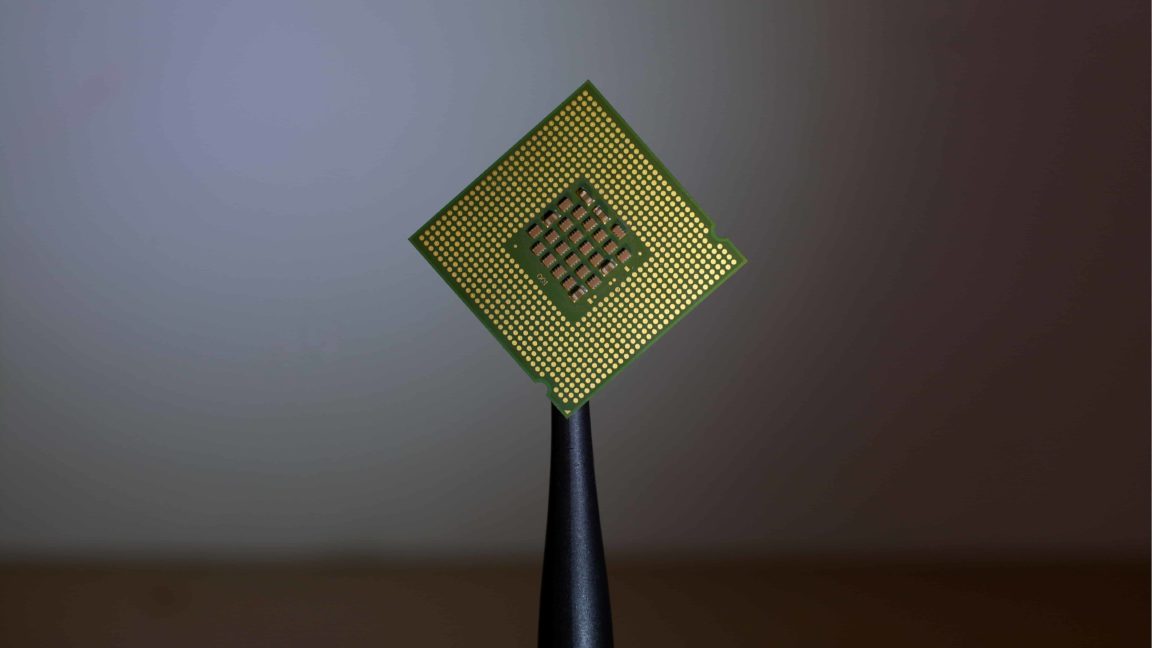An intelligent approach to medical technologies
Luke Watson, Technology Innovation Manager at Grow MedTech, explores the potential of artificial intelligence for medical technologies and how they are converging at some of our partner universities.
It shouldn’t really be a surprise that artificial intelligence (AI) gets a special mention in the long-term plan for the NHS, published in March.
AI is seen as important for the future of the NHS because it can make healthcare more effective and efficient, leaving staff free to focus on, as the plan puts it, the ‘complexity of human interactions that technology will never master’.
With a growing population, limited resources yet more and more treatments available, the use of intelligent technology will be key to ensuring our healthcare services can keep pace.
At Grow MedTech, we see AI as one of the most important digital technologies that will combine with traditional medtech to create the products and technologies of the future. And Yorkshire is a hotbed for the technology, with all of our partner universities offering expertise in the field.
Of course, the term AI is frequently bandied about – and often misused – to describe anything that involves the use of computer models. In fact, it refers to hardware or software that’s capable of intelligent behaviour – understanding, reasoning, planning, communication and perception.
Although as an academic discipline it dates back to the 1950s, the true potential of AI is only just being fully realised, because we now have the ability to create, store and manipulate the huge amounts of data that give AI its power.
The power of data
AI is able to make use of data that is beyond the capacity of humans to handle, either because there’s literally so much of it, or because the variations that need to be identified within it are too small or complex – and this is where machines can be more effective and efficient than people.
One example is the ‘virtual physiotherapy’ technology being developed by Professor Dorothy Monekosso from Leeds Beckett University, with Grow MedTech support.
The system combines video software and sensors to remotely monitor a patient’s movements during post-stroke rehabilitation exercises and uses AI to spot small variations or changes in those movements.
This allows clinicians to monitor progress following discharge from hospital and enables patients to have more supervised therapy and get immediate feedback on progress.
Clinical decision-making is unlikely to ever be completely supplanted by AI, but the power of the technology can be used to augment and improve the decisions our healthcare professionals make.
Professor Grigoris Antoniou from the University of Huddersfield is using anonymised medical records of 130 patients who died through suicide to develop an AI tool that can help predict suicide risk.
Working with South West Yorkshire Partnership NHS Foundation Trust, he analysed a dataset of 1,000 referrals and 12,000 appointments to identify a full range of risk factors.
His aim is to create an automated suicide risk assessment for use with mental health patients at first referral that clinicians can use to supplement their own professional judgement.
Professor Antoniou is also using a similar approach to develop an AI tool able to diagnose attention deficit hyperactivity disorder (ADHD) in adults – an over-looked condition in this age group that can have significant impacts on all areas of life.
Intelligent diagnosis
As well as working on individual technologies, the University of Leeds is also developing software infrastructure that can help to speed up the development of AI medtech innovations.
Grow MedTech is currently helping Professor Alejandro Frangi with the translation and commercialisation of the Multi-X platform developed in the Centre for Computational Imaging & Simulation Technologies in Biomedicine, and to progress two technologies that have developed through its use.
The platform can help researchers and clinicians develop medtech AI technologies by providing support at all three stages of the process: the training and testing of machine learning algorithms in the early stage of development, the testing and validating of these using real, large-scale clinical detail and the professional roll out of solutions to clinicians.
Through the platform, Professor Frangi is developing two diagnostic tools which use machine learning to automate the analysis of medical images to aid clinical decision-making.
Using images from cardiac MRI, one tool will help clinicians in the diagnosis of patients with cardiovascular diseases. The other tool will help to identify mild vertebral fractures more easily on X-rays, as these are often missed at an early stage and so left untreated.
Transferable skills
Many of the scientists with expertise in AI across our six partner universities are working in areas unrelated to health or medicine. But that’s exactly where Grow MedTech steps in.
The power of this technology is that it is easily transferable to different fields – for many computer scientists, data is data. What we can do is show them new areas where their skills can be applied and identify the unmet clinical need that their expertise could help to address.
We can link them to clinicians or to industry to help them take ideas forward and provide ongoing support. While this includes funding, more importantly it provides dedicated time from our Technology Innovation Managers.
With so many opportunities created by the marriage of medtech and AI, our role is to ensure our partner universities can maximise those for the benefit of their researchers and ultimately – for patients.

